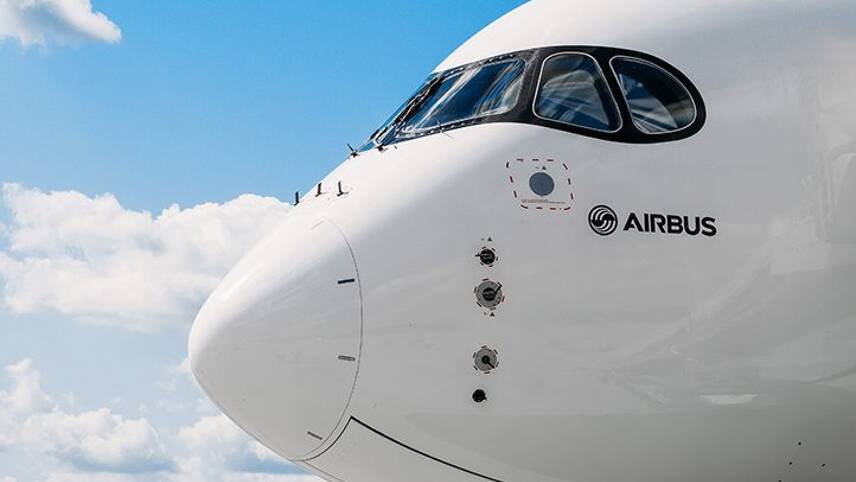Register for free and continue reading
Join our growing army of changemakers and get unlimited access to our premium content

It is hoped that the technology can be used to assist with zero-emission flights by 2035
Airbus has signed a partnership agreement with CFM International, a 50/50 joint company between GE and Safran Aircraft Engines. The companies will work on a hydrogen demonstration programme, with an aim of delivering a test flight in the new few years.
Both ground and flight tests will be issued for a direct combustion engine fueled by hydrogen. The demonstration will use an A380 flying testbed equipped with liquid hydrogen tanks prepared at Airbus facilities in France and Germany.
It is hoped that the technology can be used to assist with zero-emission flights by 2035.
“This is the most significant step undertaken at Airbus to usher in a new era of hydrogen-powered flight since the unveiling of our ZEROe concepts back in September 2020,” Airbus’ chief technical officer Sabine Klauke said.
“By leveraging the expertise of American and European engine manufacturers to make progress on hydrogen combustion technology, this international partnership sends a clear message that our industry is committed to making zero-emission flight a reality.”
Airbus first unveiled futuristic concept designs for zero-emission aircraft with hydrogen as the primary power source, back in 2020. At the time, the organisation claimed that they could operate commercial flights by 2035.
Airbus said in a statement that it believes hydrogen “holds exceptional promise as a clean aviation fuel” and has been working to design the concepts for several months.
Airbus has called the range of aircraft ‘ZEROe’ – short for zero-emission. It has said that governments and airports will need to provide “significant” investment in green hydrogen generation infrastructure and hydrogen transport and refuelling systems if the designs are to become a commercial reality in the coming decades. On the former, less than 1% of the hydrogen produced in 2019 was made using 100% renewably-powered processes, according to Wood McKenzie.
Airbus is in alignment with the Air Transport Action Group’s climate ambitions to get the aviation industry to net-zero carbon emissions by 2050.
Matt Mace


Please login or Register to leave a comment.